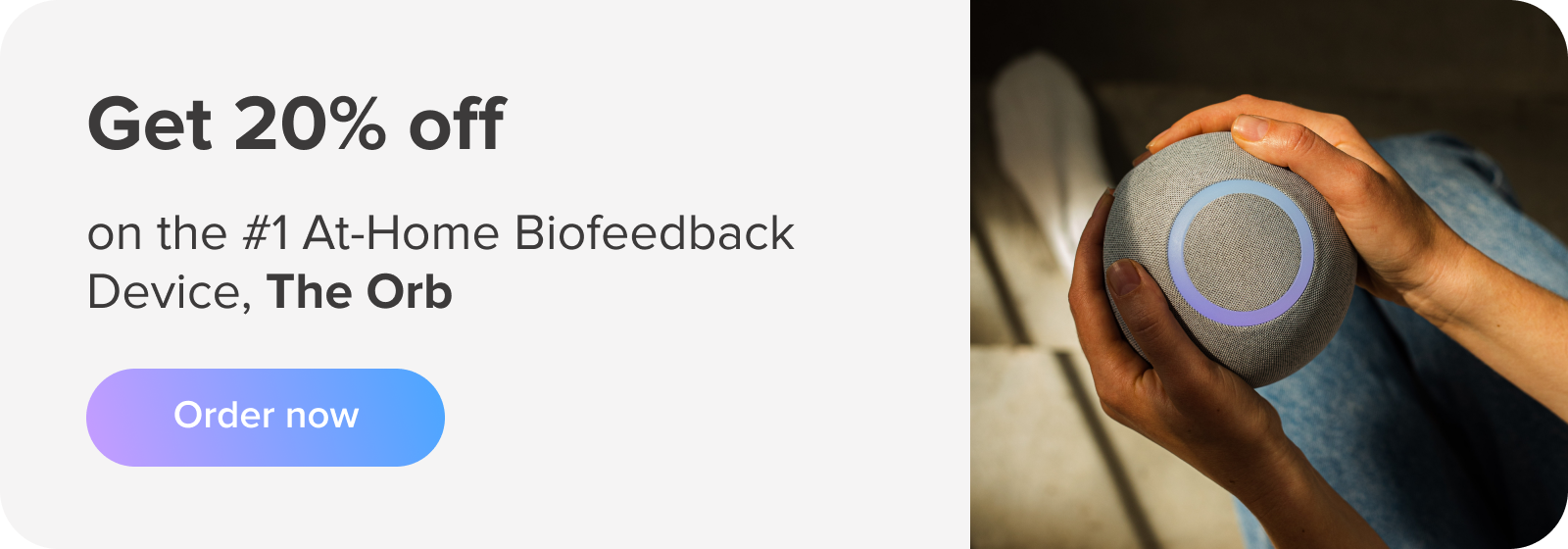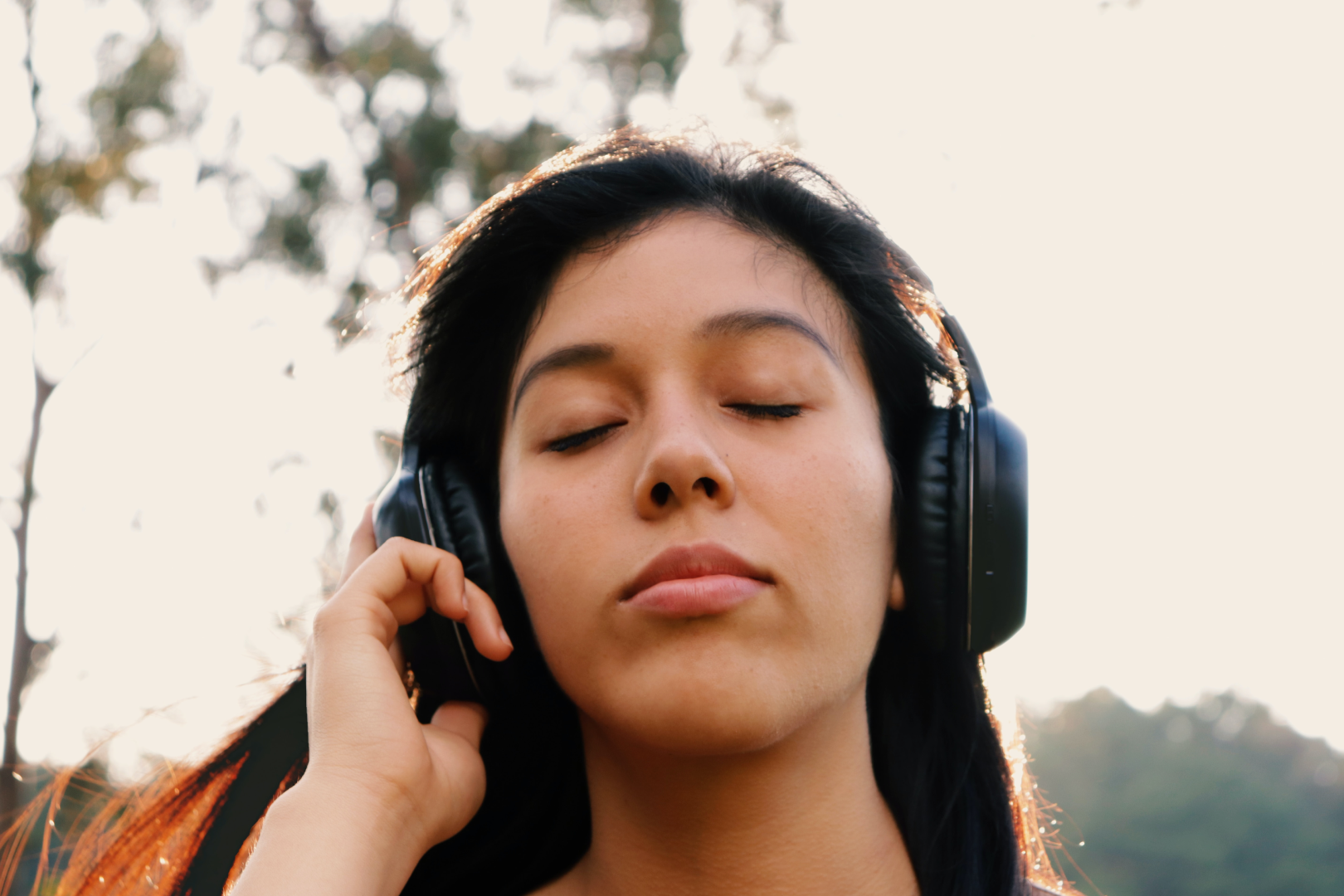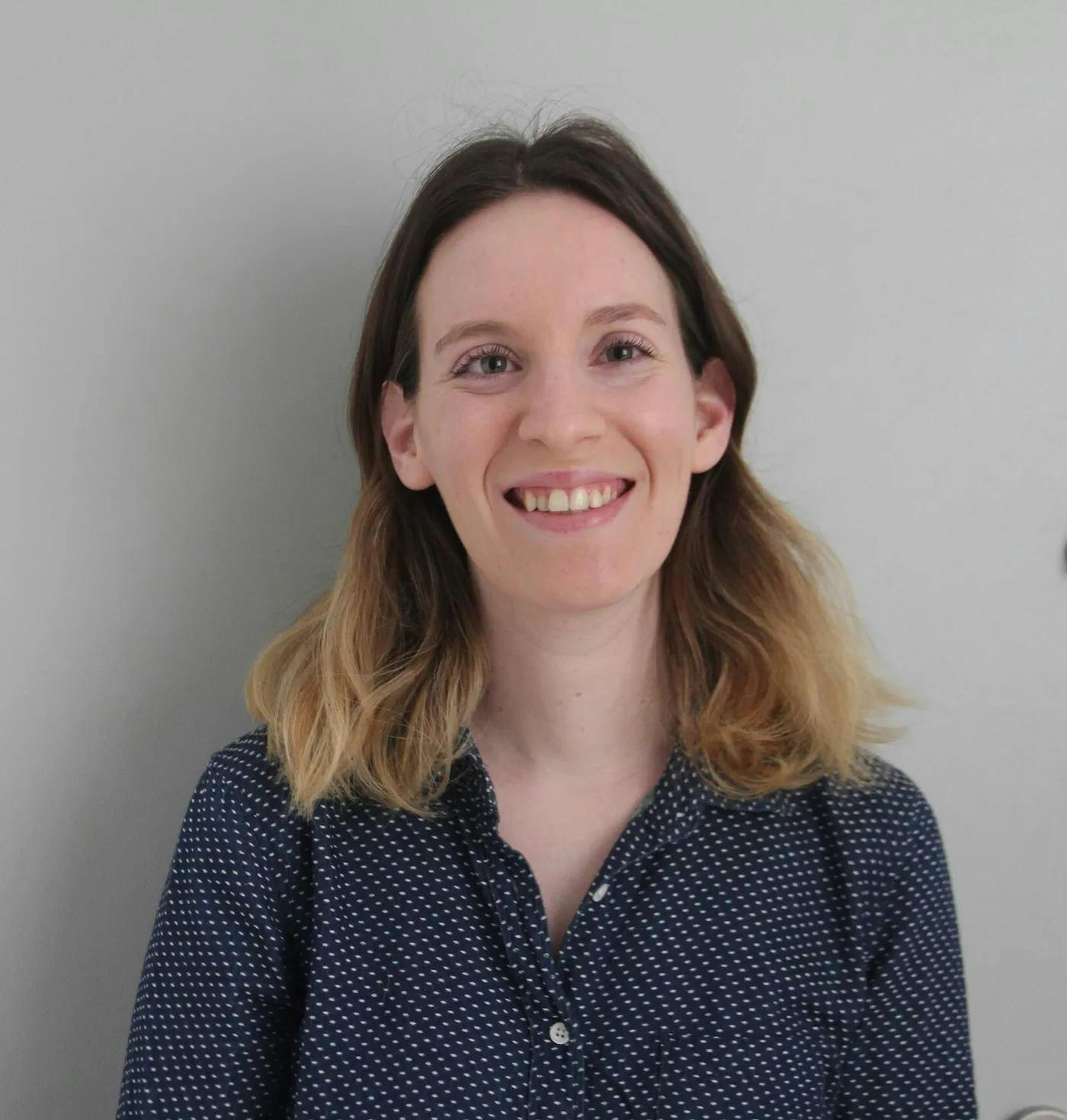At any given time, a quarter of American adults have a diagnosed mental health issue. Many more do not have a specific diagnosis, yet are struggling with the common challenges of life: anxiety, overwhelm, excessive stress, insomnia, mild depression, or anger management issues.
That’s the not-so-good news.
The good news? There are loads of mental health apps available on the market designed to empower individuals to improve their own well-being and live a healthier, more satisfying life.
Psychological therapy in the doctor’s office is not your only option. From CBT to biofeedback, meditation, and community support, the best therapy apps are based on effective and clinically proven psychological approaches, yet are suitable for personal use at home and in your own time.
Some well-being apps come with a monthly fee, others require a one-time payment, and there are even some free therapy apps available. The choice is yours, depending on your mental health needs.
Not sure where to start? We’ve curated a list of the best apps to help mental health. Read on to find the right one for you.
Reflect
Until recently, biofeedback could only be done in a clinic with a therapist who provided access to medical-grade equipment for measuring heart rate, skin temperature, brain waves, and more. That is no longer the case. You can now get the benefits of biofeedback in the comfort of your home, without a therapist, and the need for medical monitoring devices.
The Reflect Orb is a personal biofeedback device specially designed for easy use at home. Simply place your hands on the orb, and your physiological markers for stress are detected via the palms of your hands. There are no complicated sensors or wires, so even young children can use it.
The biofeedback orb connects to the Reflect app, which analyzes your physiological data and shows it via a simple, color-coded display indicating changes in your stress levels in real-time.
While using the Reflect Orb, you can practice guided meditation, relaxation exercises, or breathing exercises, and see how your body responds. With the Reflect app, you can set relaxation goals and track your progress over time, choose different visualization and relaxation exercises that suit you, and even explore relaxing melodies to find the ones that work best to calm you down.
Reflect is based on the scientifically proven biofeedback method, which is used to treat a wide range of mental health problems, such as anxiety, insomnia, emotional dysregulation, and ADHD.
The Reflect app provides guided techniques for alleviating stress, enhancing focus and concentration, and improving sleep quality. So easy and intuitive to use, it is suitable for people of all ages, including kids with parental supervision.
Reflect can be your standalone biofeedback tool for self-help or as an adjunct to professional therapy. The Reflect device is available for a one-time purchase that includes 6 or 12 months of app access.
After the initial period is over, app access comes with a monthly subscription. While the Reflect purchase requires an initial investment, it is well worth it: 71% of users report improvement in stress, anxiety, and depression, and 76% report improved quality of life.

Headspace
If you are thinking about trying meditation, Headspace is a great place to start. The app was co-created by Andy Puddicombe, a former Buddhist monk, to bring the benefits of traditional Eastern meditation to a mass audience.
The Headspace app offers a huge range of meditation and mindfulness practices, suitable for beginners as well as experienced meditators.
Those who already use Headspace are familiar with Andy’s calming and reassuring voice as he narrates guided meditation sessions. In recent years, the app has expanded to include a large team of guides and narrators, focusing on everything from stress reduction to improving relationships, dealing with grief, enhancing focus, and cultivating gratitude.
Besides meditation, Headspace also offers a range of mindful movement exercises and yoga sessions, as well as Sleepcasts, and audio soundscapes to help you drift off to sleep and improve sleep quality.
The Headspace app offers Courses for meditation with daily sessions over 10 days to a month, enabling the user to go deep into meditation practice. There are also "Singles," standalone meditation sessions designed for specific moments of the day or particular situations or stressors.
You can choose the duration of the meditation practice, from short sessions of 5 minutes to longer sessions of up to an hour or more. The app tracks and records your progress, so you can see which sessions you have already completed, how many consecutive days you have meditated, and more.
One of the best features of Headspace is its inviting and user-friendly interface, with a playful animated design and layout that is easy to navigate. Most importantly, the Headspace app encourages users to establish a consistent meditation routine, helping integrate mindfulness practice into their daily lives so it will have the most positive impact.
Talkspace
Talk therapy is perhaps the most common and popular among the traditional treatments of mental health issues. Since the days of Freud a century ago, the field of psychology has developed and expanded into several ‘schools’, each with its own approach and methodology.
While many people may want to try talk therapy, it is often prohibitively expensive. If spending an hour a week face-to-face with a licensed psychologist is outside of your budget, then the Talkspace app might just be the perfect solution.
Talkspace is a truly unique mental health app designed to make therapy accessible and convenient for individuals who are seeking emotional support and counseling. The platform connects users with actual licensed therapists, who are trained in a wide range of therapeutic methods, including CBT (cognitive behavioral therapy), psychodynamic therapy, exposure therapy, grief counseling, and more.
Upon signing up, users complete an initial assessment that helps match them with a qualified therapist based on their unique needs and preferences. The app supports a variety of communication methods, including text, voice, and video messaging, allowing users to engage with their therapist in a way that suits them best. Talkspace offers individual, couples, and teen therapy, as well as psychiatric evaluations for the prescription of medications.
While doing therapy through an app might seem unorthodox, studies have shown that it works. Eighty percent of Talkspace users report that it is more effective than traditional face-to-face therapy, and 70% said they saw improvement in the symptoms of anxiety and depression within 3 months.
A unique feature of Talkspace is Unlimited Messaging Therapy™, where users can message their therapist 24/7 via text, video, or voice in their own secure private chat room, and receive responses as soon as the therapist sees it. This enables users to communicate with their therapist at their own pace, creating a sense of comfort and flexibility and a truly personalized experience.
A key benefit of Talkspace is its accessibility. It eliminates the barriers to seeking therapy by providing a discreet and convenient platform from the comfort of one's mobile device. With a diverse pool of licensed professionals, Talkspace covers common mental health issues including depression, anxiety, panic disorder, PTSD, bipolar disorder, and more.
Talkspace is up to 80% less expensive than face-to-face therapy and is covered by most major health insurers in the US, making it a very affordable and smart choice.
Sanvello
The Sanvello mental health app has over 3 million users worldwide and is consistently rated as the top app for stress, anxiety, and depression – and with good reason.
Sanvello is an example of “the best of all worlds”. It combines evidence-based therapeutic approaches with practical tools and a community platform to create a holistic, supportive solution to common mental health issues that people struggle with every day.
After registering, users set up their goals and preferences for their mental health journey and then gain access to a range of features, including mood tracking, guided meditations, and journaling exercises.
The app employs CBT (cognitive-behavioral therapy) techniques, offering users interactive lessons to help reshape thought patterns and improve their mental well-being. Sanvello also incorporates mindfulness practices through meditation and relaxation exercises, helping to improve emotional regulation and achieve a calmer, more balanced state of mind.
Sanvello users can access a team of licensed therapists available for additional support, as well as self-help content and tools, and professional guidance from a range of personalities and experts.
One of the standout features is the app's community support, where users can connect with others facing similar challenges, share experiences, and provide mutual encouragement. The app's goal-setting and progress-tracking features empower users to set achievable milestones and monitor their mental health journey over time.
The Sanvello app is available as a free version, with a premium paid version that includes the full features and experience. It is a great choice for people who want to undertake a long-term journey towards mental health at their own pace and personalized to their needs. It is not designed for dealing with an acute mental health situation or crisis; in cases like these, it is best to seek help from a physician or therapist.
MoodKit
Imagine cognitive behavioral therapy in an app, and you’ve discovered MoodKit.
The MoodKit app helps individuals deal with common mental health issues, like anxiety, panic disorder, and stress, designed by psychologists based on the scientifically proven methods of CBT. It can be used as a self-help tool, empowering individuals to practice CBT alone at their own pace, or as an adjunct to professional CBT therapy, helping to enhance the skills and progress gained in the therapist’s office.
After installing the app, users are guided through an initial assessment to identify specific focus areas. MoodKit then offers four different tools aimed at enhancing mood and promoting positive thinking.
MoodKit Activities provides hundreds of suggestions for activities to enhance mood in several categories. Users can schedule activities, track their mood changes in a journal, and monitor how the activity is helping to improve their mood. This self-reinforcement is a key tool in CBT as it encourages the individual to partake in activities and actions that promote well-being.
The Thought Checker tool encourages users to identify thoughts, track them as they occur, and monitor them via the app, so they can see how their thoughts impact their mood. The MoodTracker feature is an easy and intuitive tool for monitoring your mood over time and exploring emotional patterns in visual charts covering the past week or month.
Finally, the MoodKit Journal offers a place to create, save, and export notes about your mood, so you can examine and reflect upon personal observations and develop self-awareness and attitudes to support wellbeing.
MoodKit is an excellent and affordable way to create a personalized, self-help CBT plan to develop healthier thought patterns, reduce unhealthy behaviors, and achieve a sense of calm and control. Unlike other mental health apps, there is a one-time payment of just a few dollars and no ongoing subscription, so it is affordable. However, it is currently only available for iOS on the App Store and is not an option for Android users.
Calm
Calm is an app for meditation and relaxation, offering a range of guided meditations, mindfulness practice, relaxation exercises, and exercises for better sleep. Calm is very popular with millions of users worldwide, and is one of the options you’ll hear about if you are looking for a meditation app.
The app provides a variety of meditation sessions, ranging from short, focused exercises to longer sessions for deeper relaxation. Users can choose from guided meditations led by experts in the field, covering topics like stress reduction, anxiety management, and improving focus. Calm also features a diverse selection of ambient sounds and music designed to enhance relaxation and concentration.
Calm's Sleep Stories are a popular feature, with soothing narrations in themed stories to help users unwind and improve their sleep quality. The app includes programs tailored to specific goals, such as building self-esteem, breaking habits, or cultivating gratitude.
In addition to guided content, Calm offers breathing exercises and unguided meditation with customizable durations, allowing users to create a meditation experience that suits their preferences.
Calm offers two subscription plans: a monthly plan for an annual subscription, or a one-time payment to gain lifetime access to the app. With its signature blue design and intuitive interface, Calm is known for its ease of use and relaxed vibe, making it a helpful and friendly tool for individuals who want to reduce stress and anxiety and achieve a more relaxed and balanced state.
Happify
Social media and gaming apps may be fun at first, but if you spend too long on them, you can be left feeling drained and bored. Happify is the complete opposite: a science-based app offering a range of games and activities based on positive psychology and CBT (cognitive-behavioral therapy) techniques. The app aims to help users build resilience and develop a more positive mindset, which is much better for their mental health than playing mindless games or endlessly scrolling their Instagram feed.
After signing up, you’ll be asked to complete an assessment to outline your current emotional state and areas for improvement. Happify then provides personalized tracks, each focusing on a specific aspect of mental health, such as stress management, gratitude, or mindfulness. The tracks consist of interactive activities, games, and exercises that are both enjoyable and scientifically proven to promote positive emotional habits.
Users can track their progress, set goals, and revisit activities that resonate with them. Happify also offers a community feature, allowing users to connect with others, share experiences, and provide mutual support.
Happify offers a free version, however, the game options are limited, and more importantly, the freemium app won’t track your happiness score. The premium version unlocks all the features for a monthly fee, or you can gain lifetime access with a more substantial investment.
Does it work? The proof is in the results. According to Happify, 86% of users feel happier after 2 months of regular use. A big benefit of Happify is how easily it fits into your lifestyle. Use the app a few minutes a day when it suits your schedule, on your mobile phone, tablet, or laptop. Seeing your happiness ‘score’ improve is an excellent way to reinforce the positive benefits and gain even more from the app.
Worry Watch
People who are highly stressed or overwhelmed with anxiety can sometimes feel they are ‘drowning’. It can be difficult to cope with the flood of emotion and put it in perspective.
This is where Worry Watch comes in. Worry Watch is an app designed to help individuals manage and understand their worries and anxiety, but its true genius lies in its simplicity.
Worry Watch has four features that provide a straightforward and effective way to track and analyze anxious thoughts and gain insights into patterns and triggers over time.
With the Guided Anxiety Journal, users can systematically record their worries, analyze the reasoning behind them, respond with an action to help alleviate the worry and reflect on the outcome, exploring whether the action taken was effective in reducing the negative feelings.
The Guided Coping Techniques tool provides a range of techniques and exercises to alleviate worry and relax, including breathwork, meditation, grounding, and visualization exercises.
With the Guided Mood Journal + Tracker, users can track and record their mood at certain moments and in response to specific situations, and check in to the mood calendar to explore their mood changes over time. The
Positive Affirmations component offers an endless range of mantras and affirmations for different situations and emotions, with reminders to practice affirmations according to the user’s schedule.
Worry Watch is a valuable resource for those who want to develop healthier coping mechanisms for anxious thoughts and concerns. The app is free, so there is no financial barrier. However, it is available only for iOS on the App Store, so Android users are unfortunately out of the picture.
Don’t worry, be app-y!
If you are looking for ways to boost your mental health, either independently or with guidance from a counselor, you might want to explore the many mental health apps that are now available.
Millions of people all over the world are already using the simple, intuitive self-care approach that comes with the best mental health apps. All the potential benefits are waiting for you too, so why not give it a go?






